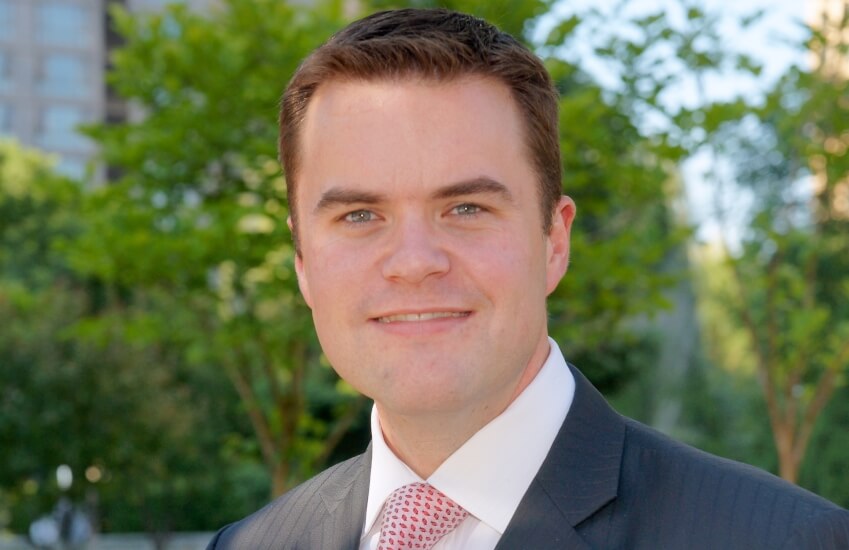Hope for limited licence rollback as date set for govt meeting
SuperThe government will soon hear that the fallout of the limited licensing regime conflicts with its own stated policy outcomes for the sweeping Future of Financial Advice (FOFA) reforms, with quality accountants being forced to ditch heartland services in the current regulatory environment.

Institute of Public Accountants CEO Andrew Conway is set to meet with Minister for Revenue and Financial Services Kelly O’Dwyer in early September about a possible reinstatement of the accountants’ exemption or something similar.
The carveout, which exempted accountants from the AFSL environment for basic SMSF services, was dumped in 2016 as part of the FOFA reforms.
It was replaced with a limited AFSL, which has been wildly unpopular in take-up and clunky to comply with in standard superannuation advice scenarios. The net impact is that many accountants previously offering modestly priced, simple SMSF advice packages are abandoning the service line.
“What has come to light is the current licensing regimes are not meeting expectations, and when I say expectations, I’m referring to the government’s own stated policy outcomes with FOFA of accessibility and affordability,” Mr Conway told Accountants Daily.
“Up until July 2016, accountants were able to advise on what was ostensibly a trust, a business structure, that being an SMSF. Beyond that, what our members have said is that their clients are opting out of advice, because the waters are muddier than they have ever been in terms of what can be on offer,” Mr Conway said.
“In many ways, the whole basis of accessibility of financial advice has fallen through the floor,” he said.
The case for reform
The scandalous findings of the royal commission, including major banks providing SMSF-related services with devastating financial consequences, forms part of a backdrop that could prompt the government to hear the case for an accountants’ exemption revival.
“Hayne [at the royal commission] pointed out clearly it’s more important than ever for Australians to be planning their retirement and future. The very basis of that planning hinges on trust, and accountants are still the most trusted advisers to business and individuals,” Mr Conway said.
This message has been perpetuated by the government for some time, and among other recent initiatives, ASIC and Ms O’Dwyer’s office announced yesterday they are spearheading a strategy aimed at encouraging Australians to plan better for their financial futures.
Further, Mr Conway believes it’s not unusual for the government to consider reforms, particularly in cases where consumers are being adversely impacted.
“I think there is a compelling case for reform,” Mr Conway said.
“Governments of all persuasions have had form in listening to reasoned cases. We are ready to present clear examples from our members of clients leaving advice, and have more than 80 written submissions on this one issue alone,” he said.
“I am confident the minister will acknowledge there is an element of FOFA that is going wrong, and look at how it can be fixed,” he said.
Industry backlash
The business and cultural realities of an AFSL environment, which typically includes product distribution and answering to an adviser-focused dealer group, has been behind licensee switching and a general apprehension to attain authorised representative status for many accountants.
Disdain for the regulatory environment has led some, including dealer group execs, to predict that ASIC would “quietly” kill off or significantly reform the limited licence option.
Others, like BGL boss Ron Lesh, feel the level of discontent in the industry is so high, he’s readying to approach Ms O’Dwyer with feedback from his own customer base.
More red tape
The limited licence regime is also clashing with other incoming regulatory requirements, such as the federal government’s mandatory education standards, set by the Financial Adviser Ethics and Standards Authority (FASEA.)
As it stands, there is also no distinction between accountants with a full or limited AFSL, meaning accountants providing basic SMSF set-up services will be required to complete this additional training.
For those with a limited AFSL, who plan to continue providing basic SMSF services, the additional units of study aren’t superannuation-specific. This will mean costly, lengthy and potentially irrelevant training for accountants providing basic advice services.
Accountants Daily and sister title SMSF Adviser have reached out to FASEA several times for comment on this matter, with no response.



